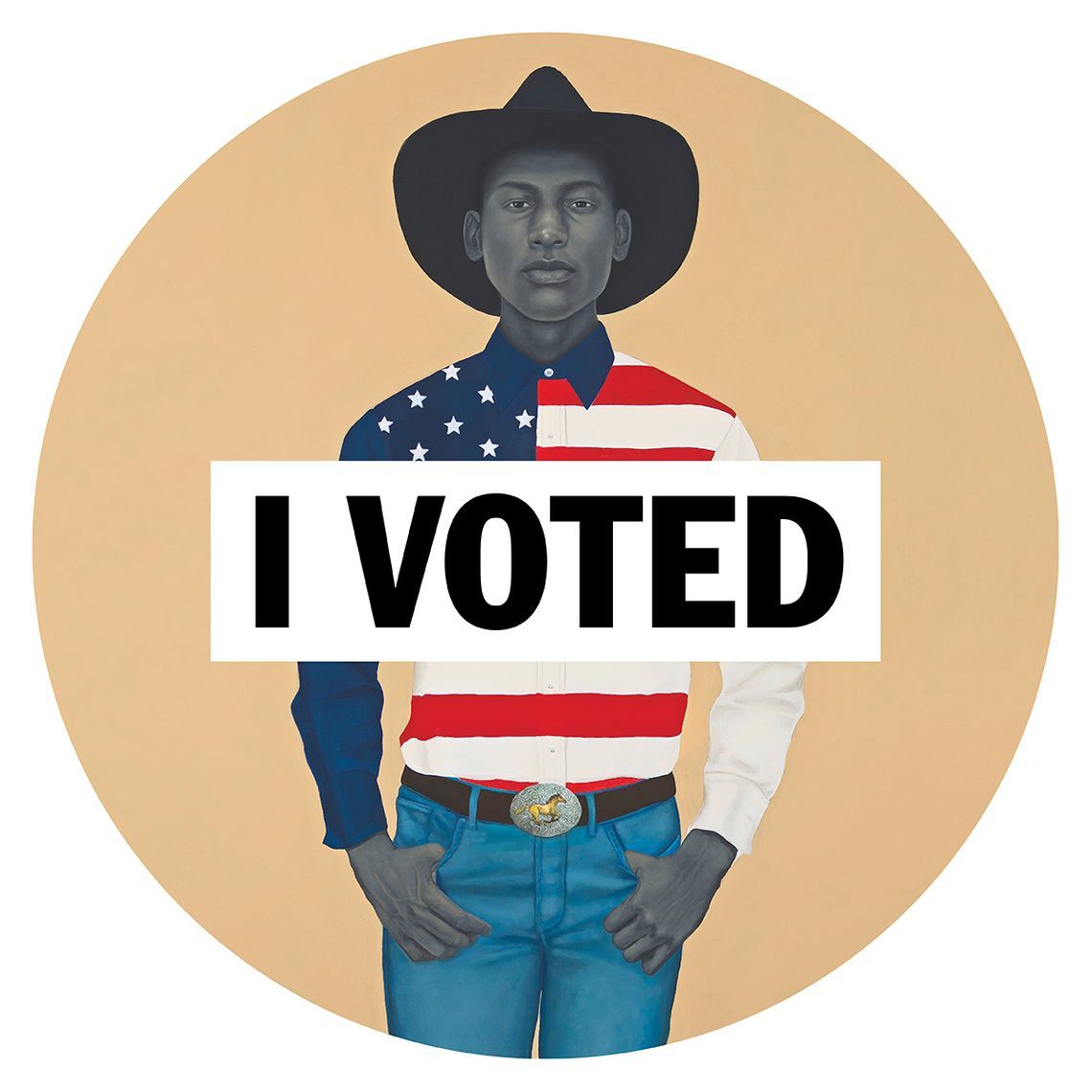“Push back against the age as hard as it pushes against you.” — Flannery O’Connor
A Note From International Arts Movement
This month’s newsletter is considerably shorter than other months, as I am aware of my inbox being bombarded with content and want to prevent that from happening to others. I’m also keenly aware, as we head into the holiday season, that celebrations will look much different this year for many people. It’s not lost on most of us that a time of deep joy is being marred by a time of deep pain. The tension of that, tension in which we are forced to live and abide, is challenging for a host of reasons. We are all sick of the rules and the space and the masks and the distance. We are sicking of the intense planning and the hoops that we feel like we have to jump through in order to see our loved ones. Most of all, we are sick of this virus, which has plagued our world for far longer than anyone ever imagined.
Our holidays will certainly look different this year. But, as I shared with a friend recently, different is not always bad. As someone who balks at change (and would often choose to suffer rather than make any kind of change) this year is a good practice in rejoicing in the differences that make each of us, and our circumstances, unique. I am trying to embrace the differences in this season and the beauty that they create. Culture care, after all, is a practice that is rooted in joy.
I would love to hear from each of you over these next two months: what is bringing you joy? What has changed in your life over this last year? I imagine a lot of things, if you are anything like me. We have all struggled mightily this season. But I hope, as we head into a time of intentional celebration and thanksgiving, that we might each take a moment to find the joy in the differences. To celebrate the things that make us laugh and the things that make us cry. Together, these experiences make us more alive, make us more human. And that, my friends, is a gift.
A Note From Makoto Fujimura, Founder of IAM Culture Care
In preparation for and in celebration of the release of his newest book (which you can preorder from your local bookstore), Mako will be answering some questions about culture care. If you have specific questions you’d like him to answer, feel free to email us!
Culture Care places a heavy emphasis on bringing people together over a common theme. How do we cultivate community during a time when most of us are unable to gather together?
I’ve found that Kintsugi Academy (@academykintsugi and we are training leaders right now. Please contact Joe if you are interested) can be very effective remotely, even though it still will be better in person. What is beautiful about Kintsugi workshop is that you don’t have to say anything unless you want to. When our hands are busy “mending to make new”, inevitably something of personal journey comes up. It has become one of the beautiful ways to get to know each other.
In your new book, you talk about how we need to be engaging in some kind of creative pursuit to fully know and understand the grace and love of God. How do you encourage people who don’t feel like they are creative?
Kintsugi Academy can also help! We’ve had many “non-artists” participate and do some beautiful work. I have a chapter in my book “Kintsugi Theology” as well.
All of us are creative. We are very creative when it comes to being “an artist of worrying”. We use our imagination to create situations that do not exist, and be anxious over things that we have no control over. As I note in my new book “Art&Faith: A Theology of Making” we are all created to be creative, and we cannot know God until we sanctify our imagination (Biblical word for “heart”) and be Makers again. You don’t have to be “creative”, but we need to be Makers, willing to journey into the mystery of creation to journey with the Spirit.
Recently at my church, All Saints’ Church in Princeton, I was asked to lead an adult education class. Instead of lecturing, I lead in “Show and Tell” — with a very simple request: “Please bring one thing that has memory attached at home and share why it’s meaningful”. What is beautiful about remote class is that everyone is in their own homes. As a person shares a favorite object, photograph, or object with memories, everyone gets to see how the person lives, and what matters to that person. Everyone participates, sharing something simple, or something deeply meaningful. My point is that all of us curate, and we make memories, even if we do not see ourselves as “creative”. We can come to know each other this way, in ways perhaps not possible in a classroom at church.
Blessings from Princeton,
Mako
Web Links
- A podcast about practicing culture care and radical peace-making in the Middle East from our friends at Telos.
- The latest episode of the Culture Care podcast with Susie Iberra.
- “God and the Philosophers,” a new newsletter from Jamie Smith.
- An entire issue about navigating uncertainty, from the always-brilliant Comment Magazine.
- A new EP from Mumford and Sons.
- What if instead of calling people out, we called them in?
Header Image: “I Voted” by Amy Sherald for New York Magazine
